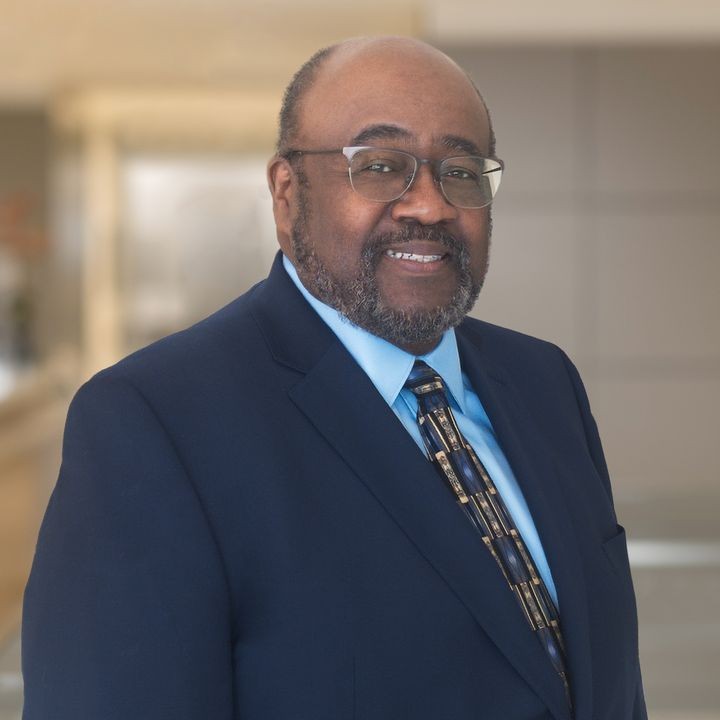Supreme Court Decision Raises Questions about Acting Officers
Client Alert | 3 min read | 03.30.17
Last week, the U.S. Supreme Court decided National Labor Relations Board v. SW General, Inc., No. 15-1251, holding that the Federal Vacancies Reform Act of 1998 (FVRA) prevents a person who has been nominated to fill a vacant office requiring Presidential appointment and Senate confirmation (a “PAS office”) from performing the duties of that office in an acting capacity. SW General concerned an NLRB unfair labor practices complaint, but the decision has implications extending far beyond that context. In particular, the Court’s holding raises questions about the validity of certain actions taken by the former Acting Deputy Administrator of the EPA, Dr. Stanley Meiburg, over the final two years of the Obama Administration, during which time Meiburg had been nominated for permanent appointment as Deputy Administrator of the EPA.
As Chief Justice Roberts explained in the SW General majority opinion, the FVRA reflects Congress’ recognition that the responsibilities of an office requiring Presidential appointment and Senate confirmation “may go unperformed if a vacancy arises and the President and Senate cannot promptly agree on a replacement.” Accordingly, the statute authorizes certain government officials to become acting officers, without Senate confirmation, in the event of a vacancy. The default rule under the FVRA is that, when a vacancy occurs, first assistants “shall perform” the office’s “functions and duties temporarily in an acting capacity.” The statute allows the President to override the default rule by directing either a person serving in a different PAS office, or a senior employee within the relevant agency to become the acting officer instead of the first assistant. But the FVRA also contains a provision prohibiting certain persons from serving as acting officers if the President has nominated them to fill permanently the vacant office. The scope of that prohibition was the issue in SW General.
The facts underlying SW General concern the actions of an acting officer who had been nominated for the permanent position at the time of the challenged action, even where he had not been the “first assistant” within the agency. In June of 2010, President Obama directed Lafe Soloman, a senior employee of the National Labor Relations Board (NLRB), to serve as the NLRB’s acting general counsel until the President nominated and the Senate confirmed someone to fill the position on a permanent basis. In January 2011, President Obama nominated Solomon to serve as the NLRB’s permanent general counsel. The Senate never acted on Solomon’s nomination, and it was ultimately withdrawn. In January 2013, however, while Solomon’s nomination was still before the Senate, an NLRB regional director, exercising authority on Solomon’s behalf, filed an unfair labor practices complaint against SW General, Inc. After an administrative law judge found that SW General had committed unfair labor practices, SW General appealed to the United State Court of Appeals for the District of Columbia, arguing that the NLRB’s complaint was invalid because the FVRA prohibited Solomon from performing the duties of general counsel after he was nominated to permanently fill that position. The Court of Appeals vacated the Board’s order, and the Supreme Court affirmed.
The Court held that Solomon became ineligible to perform the duties of general counsel in an acting capacity once the President nominated him to fill that post on a full-time basis. In so holding, the Court rejected the NLRB’s argument that the part of the FVRA prohibiting individuals from serving as acting officers after those same individuals had been nominated to permanently fill the vacant post should be confined only to first assistants. Instead, the Court concluded that the prohibition applied equally to all three categories of persons eligible to become acting officers under the FVRA.
The full impact of the SW General decision is not yet known. In the case of acting officers like Dr. Meiburg, however, the potential significance of the opinion is substantial. The opinion could pave the way for a challenge to the validity of actions or decisions taken in an “acting” capacity by Meiburg during the period — between January 2015 and January 2017 —when his nomination to become the EPA’s Deputy Administrator was pending in the Senate. There is, however, one potential distinction between the Meiburg situation and the facts that gave rise to the SW General decision. The distinction is that Meiburg was never actually named to fill the position of acting deputy administrator, but was instead only directed to “perform the duties of the office of deputy administrator” while nominally occupying the role of “senior advisor to the administrator.” Whether this formal distinction is a meaningful one will likely be addressed in future litigation. For the time being, there is a shadow looming over actions that Meiburg took during the last two years of the Obama Administration.
Contacts
Insights
Client Alert | 4 min read | 05.13.24
Harmonizing AI with EEO Requirements: OFCCP’s Blueprint for Federal Contractors
Now more than ever, federal contractors find themselves at the intersection of innovation and regulation, particularly in the realm of Artificial Intelligence (AI). AI is now incorporated into a broad range of business systems, including those with the potential to inform contractor employment decisions. For that reason, the Office of Federal Contract Compliance Programs (OFCCP) has issued new guidance entitled “Artificial Intelligence and Equal Employment Opportunity for Federal Contractors” (the “AI Guide”). OFCCP issued the AI Guide in accordance with President Biden’s Executive Order 14110 (regarding the “Safe, Secure, and Trustworthy Development and Use of Artificial Intelligence”), which we reported on here. The AI Guide provides answers to commonly asked questions about the use of AI in the Equal Employment Opportunity (EEO) context. The AI Guide also offers “Promising Practices,” which highlight a number of important considerations for federal contractors. Focusing on federal contractors’ obligations and attendant risks when utilizing AI to assist in employment-related decisions, the AI Guide also provides recommendations for ensuring compliance with EEO requirements while harnessing the efficiencies of AI.
Client Alert | 7 min read | 05.13.24
SEC Enforcement Actions Signal Enhanced Scrutiny Around “AI Washing”
Client Alert | 2 min read | 05.09.24
Client Alert | 12 min read | 05.09.24



